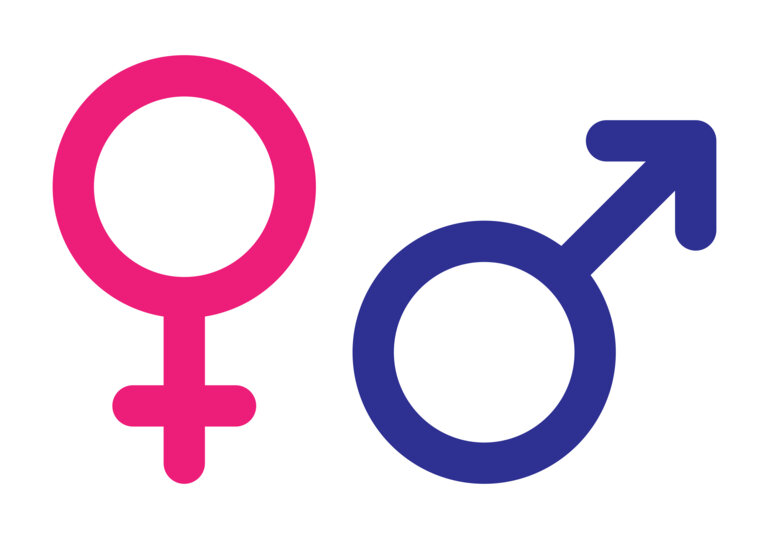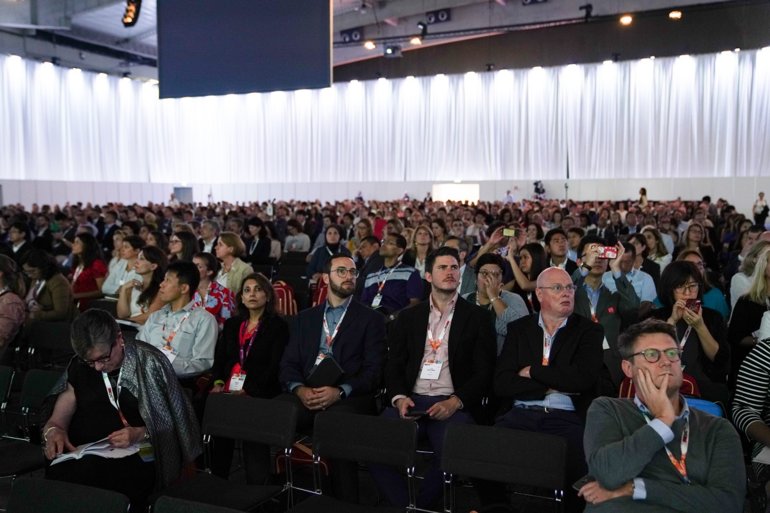


Why we need to investigate sex differences in cancer research
Sex- and gender-sensitive medicine postulates that differences in biological sex, gender identity, role and relations all impact health and disease, and may have implications for prevention, screening, diagnosis and treatment. Its goal is to learn from these differences to improve care and treatment for men and women.

What should oncologists know about e-cigarettes?
Electronic nicotine delivery systems (ENDS) are battery-powered products that create an aerosol by heating a liquid consisting of propylene glycol and vegetable glycerin and flavouring agents. The liquid may or may not (but usually does) contain nicotine, at variable doses. Differently from conventional cigarettes, there is no combustion of tobacco in ENDS, thus making people think they cause less harm. However, the varying voltage that is applied to the liquid creates a mixture of potentially toxic substances in the aerosols that are then inhaled by users.

Not just for girls, so who else should be vaccinated for HPV?
Extending an HPV vaccination programme to include boys aged 12–14 years could help reduce the incidence of these infections

Oncologists can have a pivotal role in health policy
Effective NCCPs should help medical oncologists to provide better cancer care, but they cannot work in isolation


